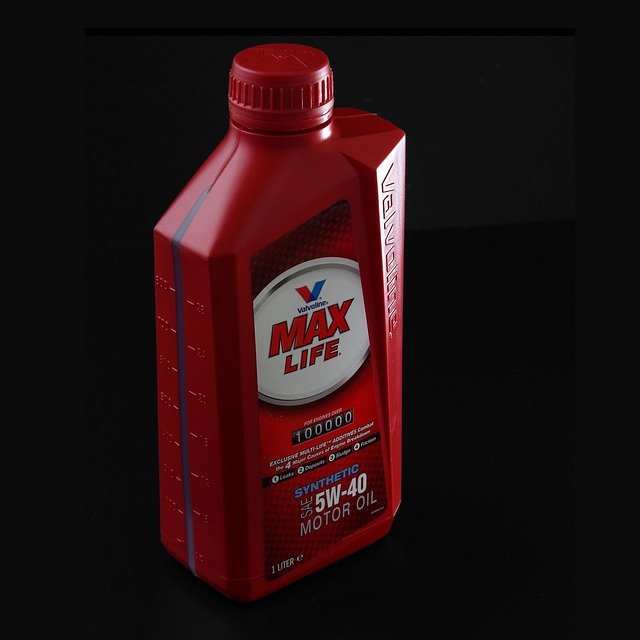Essential Guide to Choosing the Right Car Batteries
Selecting the right car battery is one of the most important decisions vehicle owners face, yet many people feel overwhelmed by the technical specifications and numerous options available. A quality car battery not only ensures reliable vehicle performance but also prevents unexpected breakdowns that can disrupt your daily routine. Understanding the key factors that influence battery selection, from size and power requirements to pricing and purchasing locations, empowers you to make an informed decision that matches your specific vehicle needs and budget constraints.

What Makes Car Batteries Different From Each Other
Car batteries vary significantly in their construction, technology, and performance characteristics. The most common types include lead-acid, absorbed glass mat (AGM), and gel batteries. Traditional lead-acid batteries are the most affordable option and work well for standard vehicles with basic electrical needs. AGM batteries offer superior performance with faster charging capabilities, better vibration resistance, and longer lifespan, making them ideal for vehicles with advanced electrical systems or start-stop technology.
Battery capacity, measured in cold cranking amps (CCA) and amp-hours (Ah), determines how much power the battery can deliver. CCA indicates the battery’s ability to start your engine in cold weather, while Ah represents the total energy storage capacity. Additionally, battery size and terminal configuration must match your vehicle’s specifications. Reserve capacity, which measures how long a battery can power essential systems if the alternator fails, is another critical differentiating factor.
Understanding Car Battery Prices and Value
Battery pricing depends on several factors including technology type, brand reputation, warranty coverage, and performance specifications. Entry-level lead-acid batteries typically offer the lowest upfront cost but may require more frequent replacement. Premium AGM batteries command higher prices but often provide better long-term value through extended lifespan and superior performance.
Brand reputation significantly influences pricing, with established manufacturers often charging premium rates for their proven reliability and comprehensive warranty programs. However, the most expensive option isn’t always the best choice for every situation. Consider your vehicle’s electrical demands, driving patterns, and climate conditions when evaluating price versus value. A moderately priced battery with appropriate specifications may serve your needs better than an overpriced premium option.
How to Find the Right Price for Car Batteries
Research is essential when seeking competitive battery prices. Start by identifying your vehicle’s exact battery specifications using the owner’s manual or consulting with automotive professionals. Compare prices across multiple channels including auto parts stores, online retailers, and automotive service centers. Many retailers offer price matching policies, so gathering quotes from various sources can help secure better deals.
Timing your purchase strategically can also impact pricing. Many retailers offer seasonal promotions, especially during spring and fall when battery replacements are most common. Consider the total cost of ownership, including warranty coverage and potential installation fees, rather than focusing solely on the initial purchase price. Some retailers include free installation or testing services that add value to your purchase.
| Battery Type | Price Range | Warranty Period | Key Features |
|---|---|---|---|
| Standard Lead-Acid | $80-$150 | 2-3 years | Basic performance, lowest cost |
| Enhanced Flooded | $120-$200 | 3-4 years | Improved durability, better cold weather performance |
| AGM Premium | $180-$350 | 4-6 years | Superior performance, maintenance-free, longer lifespan |
| Gel Cell | $200-$400 | 4-5 years | Excellent vibration resistance, deep cycle capability |
Prices, rates, or cost estimates mentioned in this article are based on the latest available information but may change over time. Independent research is advised before making financial decisions.
Where to Buy Car Batteries From
Multiple purchasing channels offer different advantages depending on your priorities and circumstances. National auto parts chains like AutoZone, Advance Auto Parts, and O’Reilly Auto Parts provide wide selection, competitive pricing, and convenient locations. These retailers often offer installation services and battery testing, making them popular choices for many consumers.
Warehouse clubs such as Costco and Sam’s Club frequently offer excellent value on name-brand batteries with generous warranty terms. Online retailers like Amazon and specialized automotive websites provide extensive selection and competitive pricing, though shipping costs and installation logistics require consideration. Local independent auto parts stores may offer personalized service and competitive pricing while supporting your community’s economy.
Professional Installation Versus DIY Battery Replacement
Deciding between professional installation and DIY replacement depends on your mechanical skills, available tools, and comfort level with automotive maintenance. Professional installation ensures proper handling, correct terminal connection, and appropriate disposal of the old battery. Many retailers offer free installation with battery purchase, making professional service an attractive option even for capable DIY enthusiasts.
DIY installation can save money and provide valuable learning experience for those comfortable with basic automotive maintenance. However, modern vehicles with sophisticated electrical systems may require specific procedures to avoid damaging sensitive components. Consider factors such as battery location accessibility, required tools, and potential warranty implications when making your decision. Some vehicle warranties may be affected by improper installation, making professional service worth the additional cost.
Choosing the right car battery involves balancing performance requirements, budget constraints, and personal preferences. By understanding the differences between battery types, researching pricing options thoroughly, and selecting appropriate purchasing and installation methods, you can ensure reliable vehicle performance while maximizing your investment value. Remember that the cheapest option isn’t always the most economical in the long run, and proper installation is crucial for optimal battery performance and longevity.




